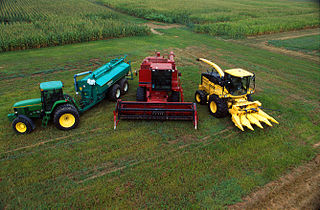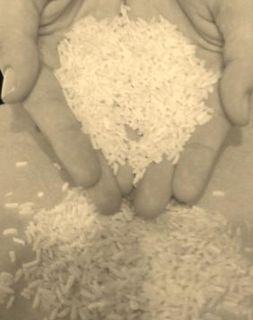 W
WAgricultural policy describes a set of laws relating to domestic agriculture and imports of foreign agricultural products. Governments usually implement agricultural policies with the goal of achieving a specific outcome in the domestic agricultural product markets.
 W
WAn agricultural subsidy is a government incentive paid to agribusinesses, agricultural organizations and farms to supplement their income, manage the supply of agricultural commodities, and influence the cost and supply of such commodities. Examples of such commodities include: wheat, feed grains, cotton, milk, rice, peanuts, sugar, tobacco, oilseeds such as soybeans and meat products such as beef, pork, and lamb and mutton. A 2021 study by the UN Food and Agriculture Organization found 87% of the $540bn farmers given every year between 2013 and 2018 in global subsidies are harmful to both people and environment.
 W
WThe Cairns Group is an interest group of 19 agricultural exporting countries, composed of Argentina, Australia, Brazil, Canada, Chile, Colombia, Costa Rica, Guatemala, Indonesia, Malaysia, New Zealand, Pakistan, Paraguay, Peru, the Philippines, South Africa, Thailand, Uruguay, and Vietnam.
 W
WThe Common Agricultural Policy (CAP) is the agricultural policy of the European Union. It implements a system of agricultural subsidies and other programmes. It was introduced in 1962 and has undergone several changes since then to reduce the cost and to also consider rural development in its aims. It has been criticised on the grounds of its cost, and its environmental and humanitarian impacts.
 W
WFood policy is the area of public policy concerning how food is produced, processed, distributed, purchased, or provided. Food policies are designed to influence the operation of the food and agriculture system balanced with ensuring human health needs. This often includes decision-making around production and processing techniques, marketing, availability, utilization, and consumption of food, in the interest of meeting or furthering social objectives. Food policy can be promulgated on any level, from local to global, and by a government agency, business, or organization. Food policymakers engage in activities such as regulation of food-related industries, establishing eligibility standards for food assistance programs for the poor, ensuring safety of the food supply, food labeling, and even the qualifications of a product to be considered organic.
 W
WLand consolidation is a planned readjustment and rearrangement of fragmented land parcels and their ownership. It is usually applied to form larger and more rational land holdings. Land consolidation can be used to improve rural infrastructure and to implement developmental and environmental policies.
 W
WLand reform is a form of agrarian reform involving the changing of laws, regulations, or customs regarding land ownership. Land reform may consist of a government-initiated or government-backed property redistribution, generally of agricultural land. Land reform can, therefore, refer to transfer of ownership from the more powerful to the less powerful, such as from a relatively small number of wealthy or noble owners with extensive land holdings to individual ownership by those who work the land. Such transfers of ownership may be with or without compensation; compensation may vary from token amounts to the full value of the land.
 W
WLandless Workers' Movement is a social movement in Brazil, inspired by Marxism, generally regarded as one of the largest in Latin America with an estimated informal membership of 1.5 million across 23 of Brazil's 26 states. MST defines its goals as access to the land for poor workers through land reform in Brazil and activism around social issues that make land ownership more difficult to achieve, such as unequal income distribution, racism, sexism, and media monopolies. MST strives to achieve a self-sustainable way of life for the rural poor.